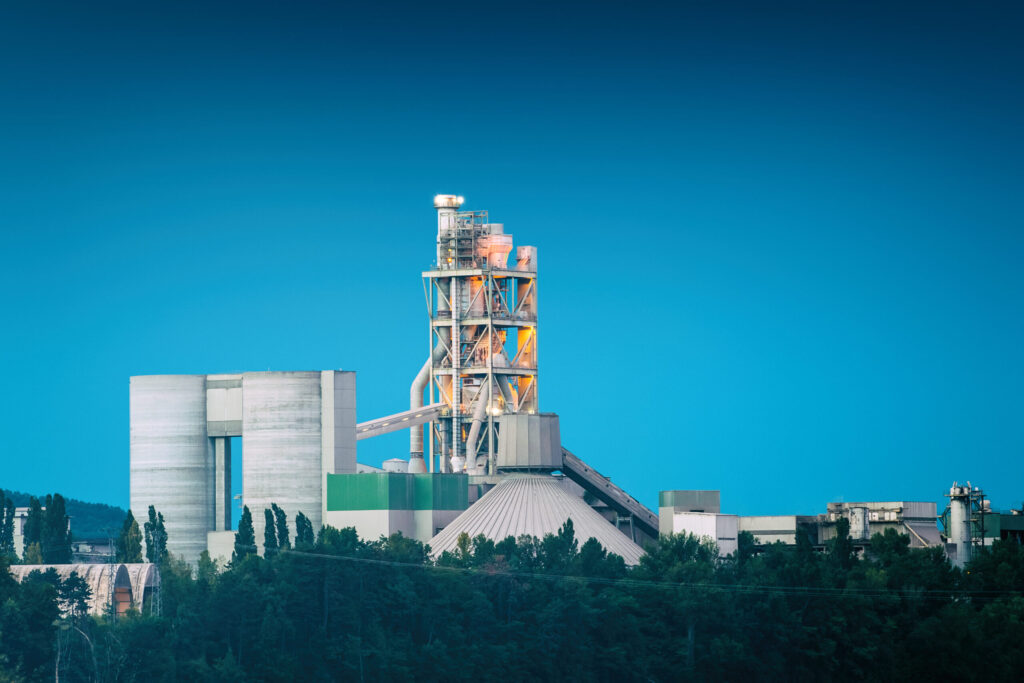Cement co-processing: a sustainable solution for end-of-life composite materials
Today seven industry associations working on increasing the circularity of composite materials have published a statement highlighting the important role cement co-processing can play in treating end-of-life composite materials.
Together, our associations call on policymakers to recognise these benefits and facilitate the upscaling of co-processing with a more supportive EU regulatory framework. The European Commission and the national authorities should recognise cement co-processing as a recycling process to allow the EU to foster industry growth and ensure a circular future for both the cement and composite material sectors.
Composite materials, a combination of reinforced fibres (usually glass or carbon fibres) and a polymer matrix, are known for their durability, exceptional chemical and heat resistance properties. They are therefore extensively used across various sectors including wind, marine, infrastructure, and industrial markets.
Whilst their durability is a great advantage during their operational lifetime, recycling end-of-life composite materials has been technically challenging due to the difficulty of separating the constituent fibres and polymers.
Cement co-processing offers a sustainable and circular solution to this challenge. Co-processing allows for the comprehensive recycling of end-of-life composite materials with glass fibres, while simultaneously mitigating climate change through the reduction of natural raw materials in cement manufacturing and the replacement of fossil energy sources.
The seven associations are further collaborating to promote sustainable recycling approaches for the end-of-life composite materials with more actions planned in the coming months.
